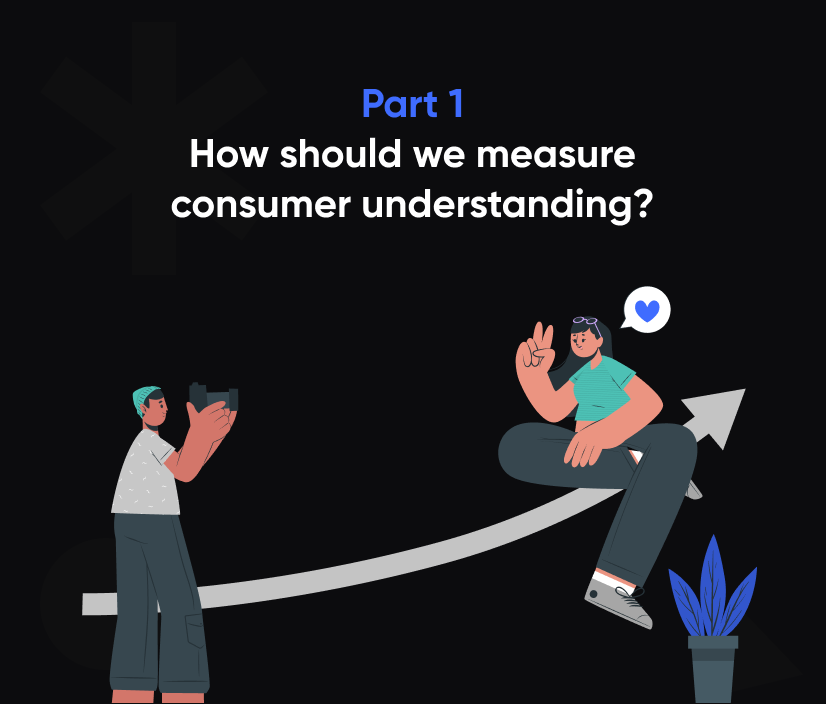Making Buy Now Pay Later Work for Consumers: Why Intelligibility Matters



The FCA’s recent consultation on deferred payment credit – better known to most as Buy Now Pay Later (BNPL) – marks an important step forward in bringing this fast- growing market under proper regulation. BNPL has become a normal part of how many people pay, stretching well beyond retail into services and everyday purchases. That flexibility can be positive, but the risk is clear too: it’s easy for consumers to end up taking on commitments they don’t fully understand or can’t manage.
This is one reason why we’re planning on testing new, more intelligible solutions in the FCA Sandbox - to help consumers understand the risk while retaining the flexibility.
Why BNPL Regulation Is Overdue
Our response to HM Treasury’s original consultation welcomed the overall direction of travel. Regulation is overdue, and the principles of the Consumer Duty – especially around ensuring good outcomes and preventing foreseeable harm – are exactly what’s needed. But, as we’ve highlighted, the devil is in the detail. Rules only protect consumers if the information that underpins them is intelligible, accessible and actually used in real decision-making.
The Role of Consumer Duty in BNPL
Too often, terms and conditions or statutory notices are written in a way that most people simply don’t read or can’t make sense of. That’s not a small problem when the information could determine whether a customer falls into unmanageable debt. Legal and compliance teams have traditionally been focused on meeting prescriptive requirements, not on ensuring understanding. The Consumer Duty is beginning to shift this mindset, but progress is patchy.
We’ve argued that the FCA’s proposals will only work if firms are expected to test their communications with real consumers, simplify them, and monitor outcomes over time.
Making BNPL Agreements Understandable
This applies across the lifecycle of a BNPL agreement. At the point of sale, consumers need clear, layered information about their rights, the costs, potential penalties, and the effect on their credit rating. During the agreement, tools like repayment trackers and reminders can make a real difference – provided they’re designed to be genuinely usable. And when things go wrong, notices should focus on practical actions rather than just formal warnings, which too often increase stress rather than reduce it.
We also supported the application of creditworthiness checks to BNPL, regardless of the size of the loan. Even small sums can stack up into problem debt, and affordability needs to be assessed in a way that is both proportionate and transparent. Here again, clarity of communication is critical. If consumers don’t understand the basis of an affordability assessment, the protection is weakened.
Turning Regulation Into Real Protection
Perhaps the biggest risk in this regulatory package is that reliance on the Consumer Duty alone won’t be enough if the FCA doesn’t set clear expectations for testing, simplification and monitoring. We’ve already seen that too many firms take a minimalist approach. Stronger enforcement and evidence requirements are essential if consumer understanding is to become the norm, not the exception.
In short, regulating BNPL isn’t just about setting rules, it’s about ensuring those rules translate into genuine consumer protection. That won’t happen unless intelligibility is at the heart of the approach.
TheFCA’s regulatory approach will lock this in. You can read Amplified Global's Response to the FCA consultation in more detail on our website.
If you’re unsure how to navigate the new regime, now is the time to engage. Contact Amplified Global to explore the work we are already doing to bring complex information into the light and improve consumer understanding in new and effective ways.











